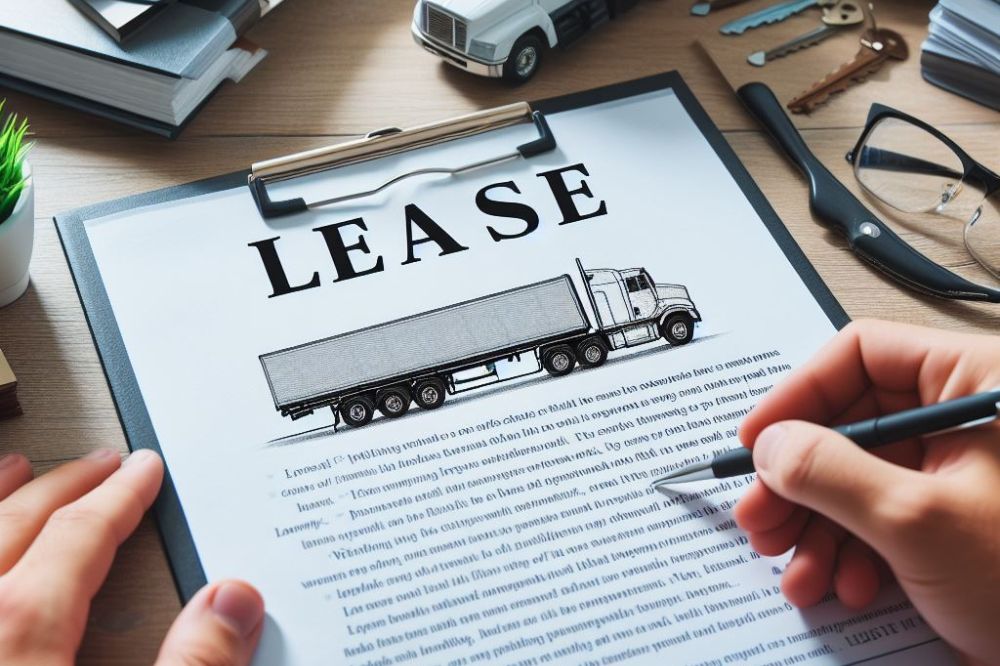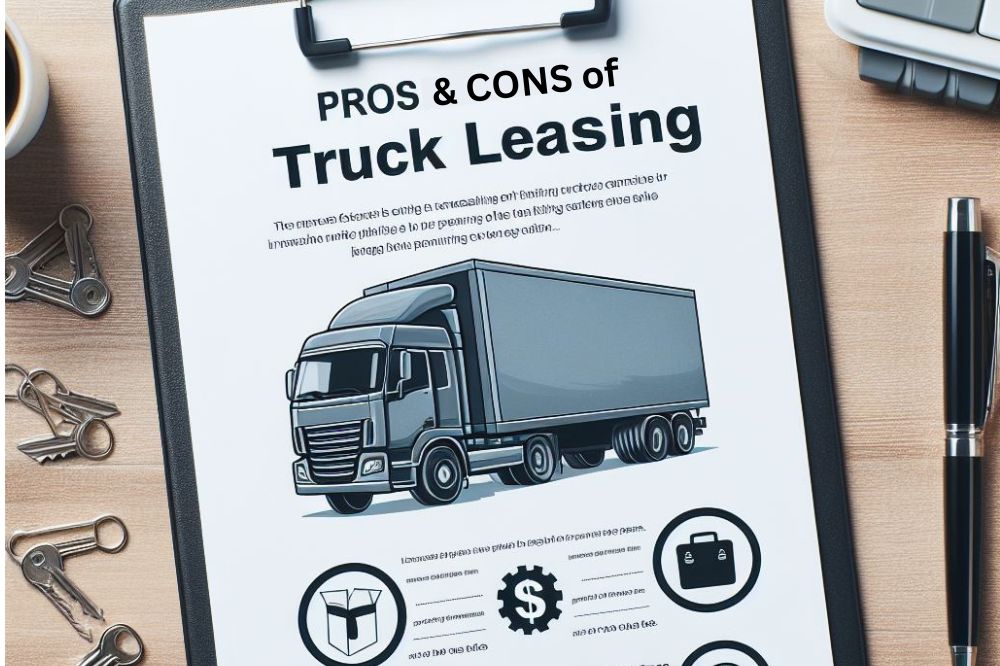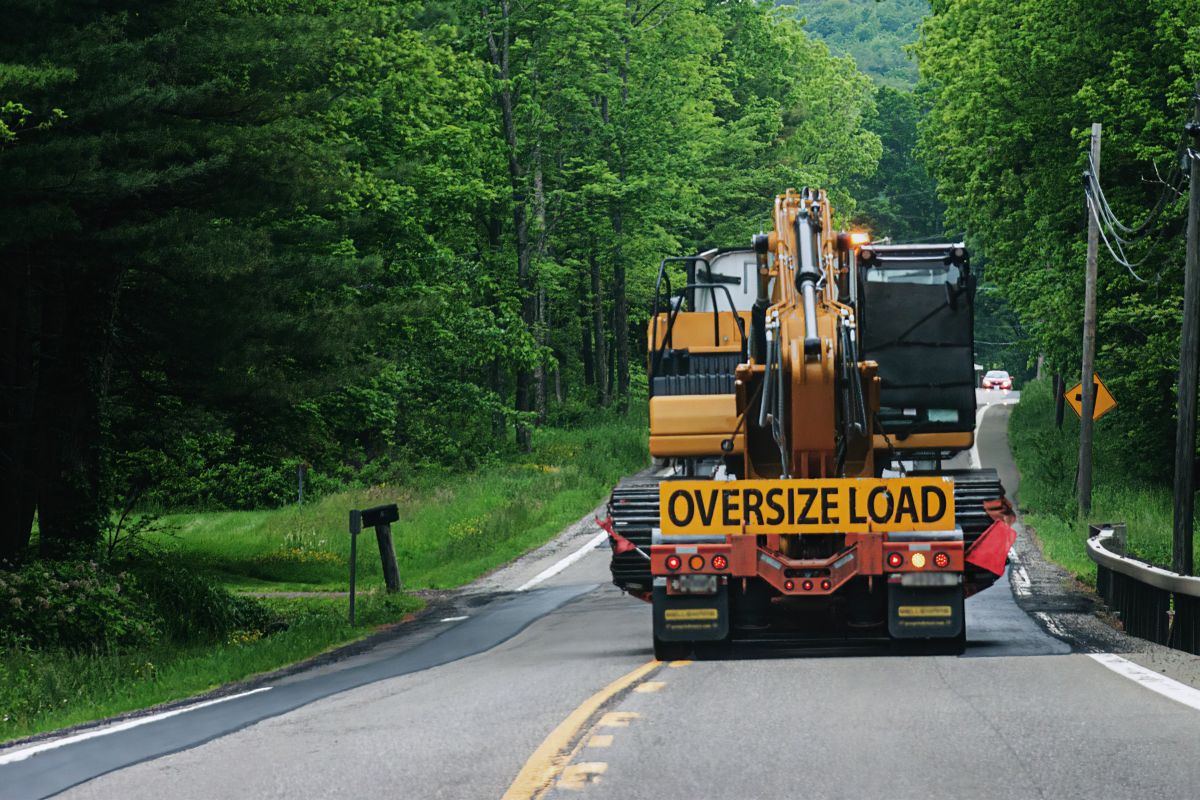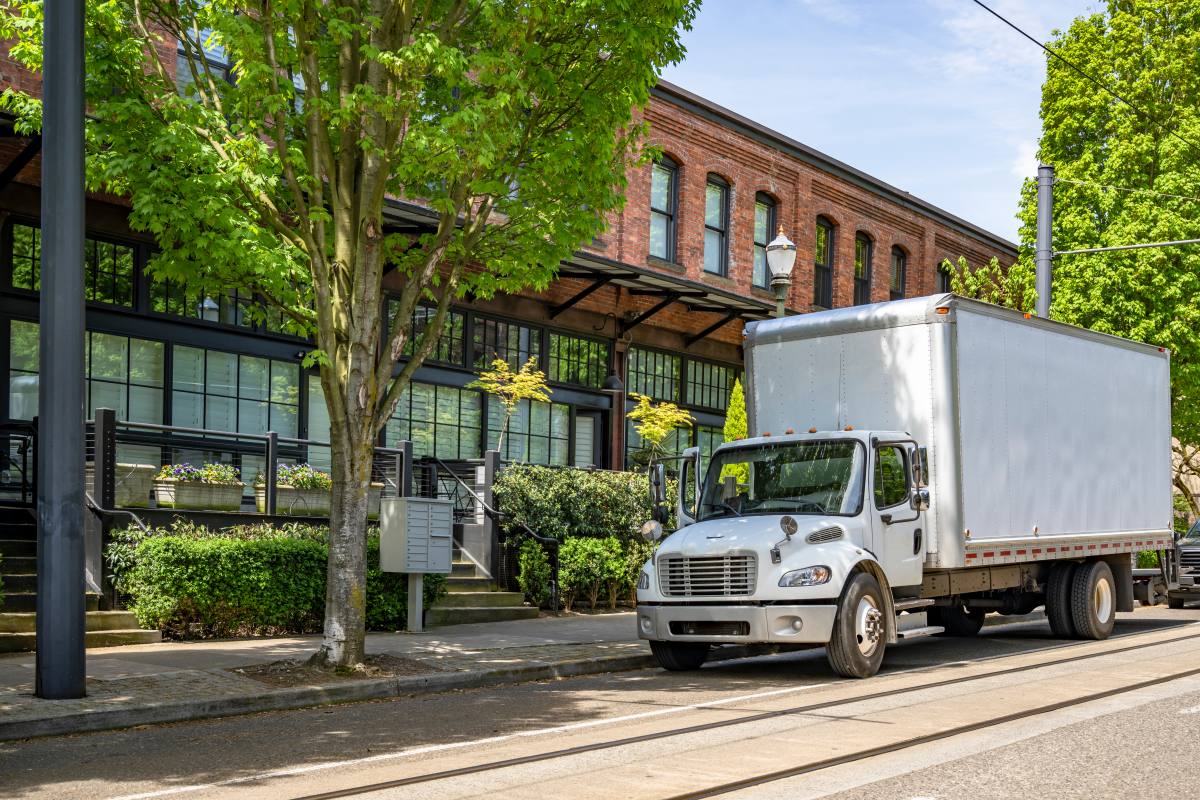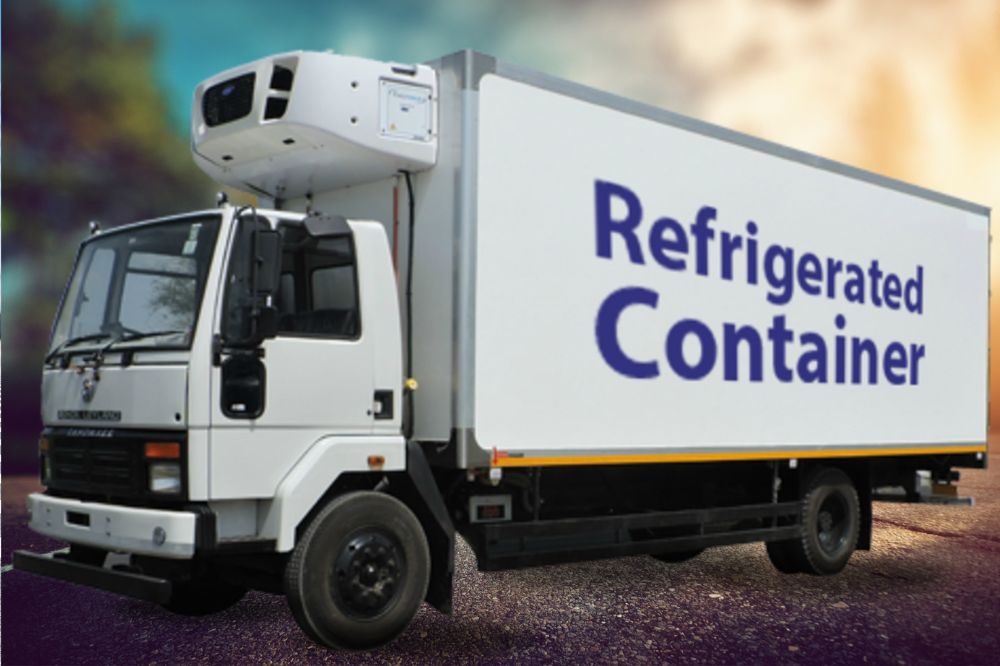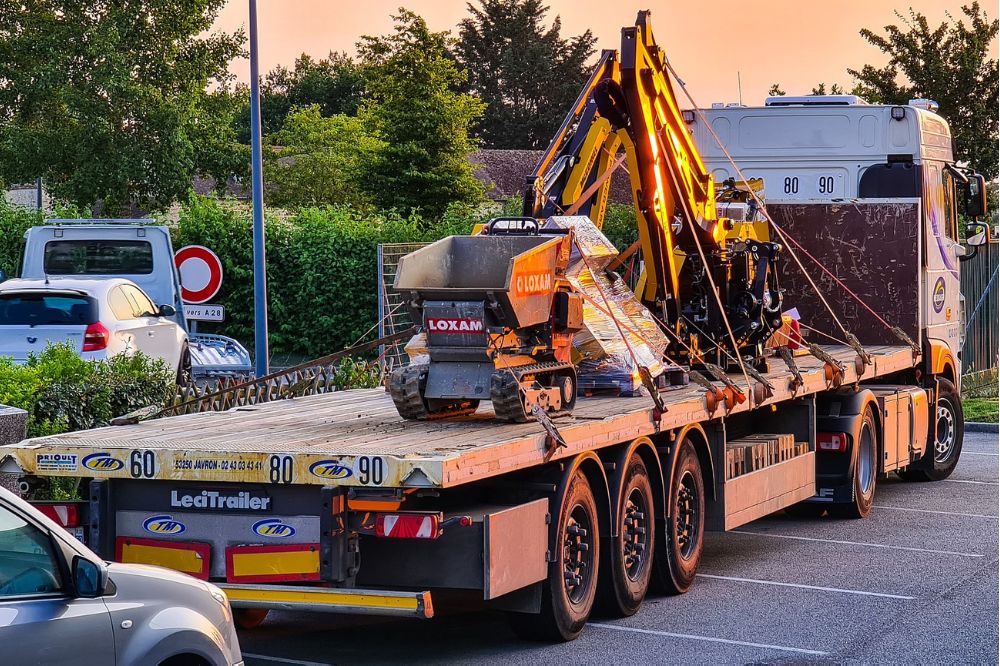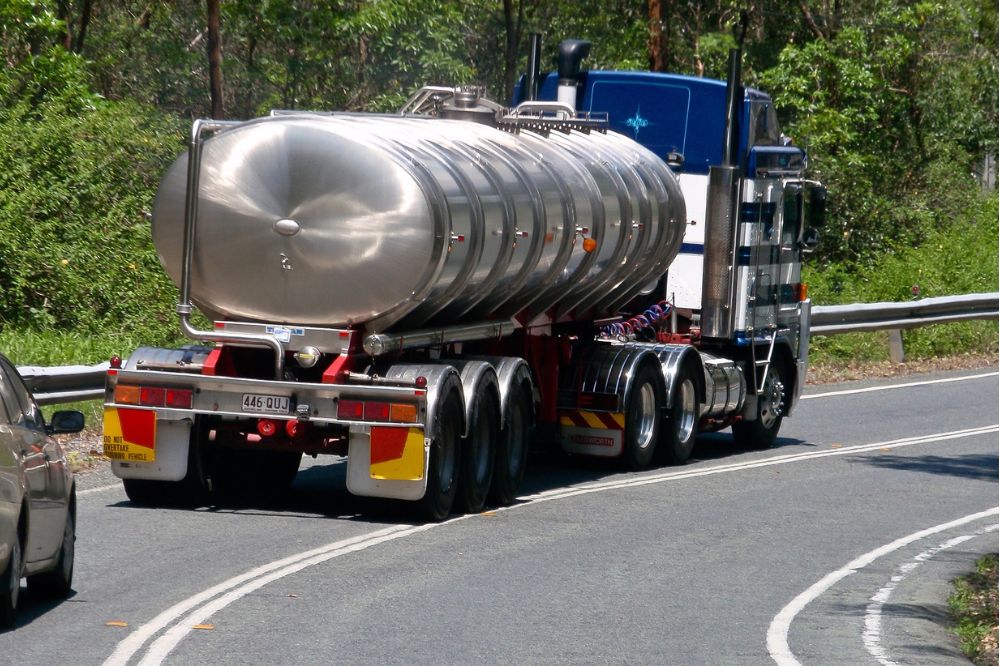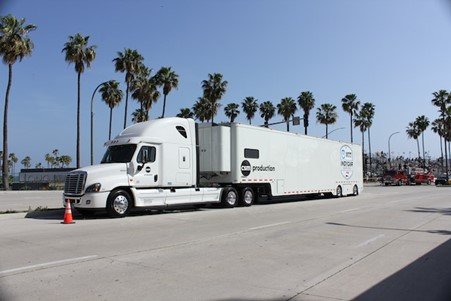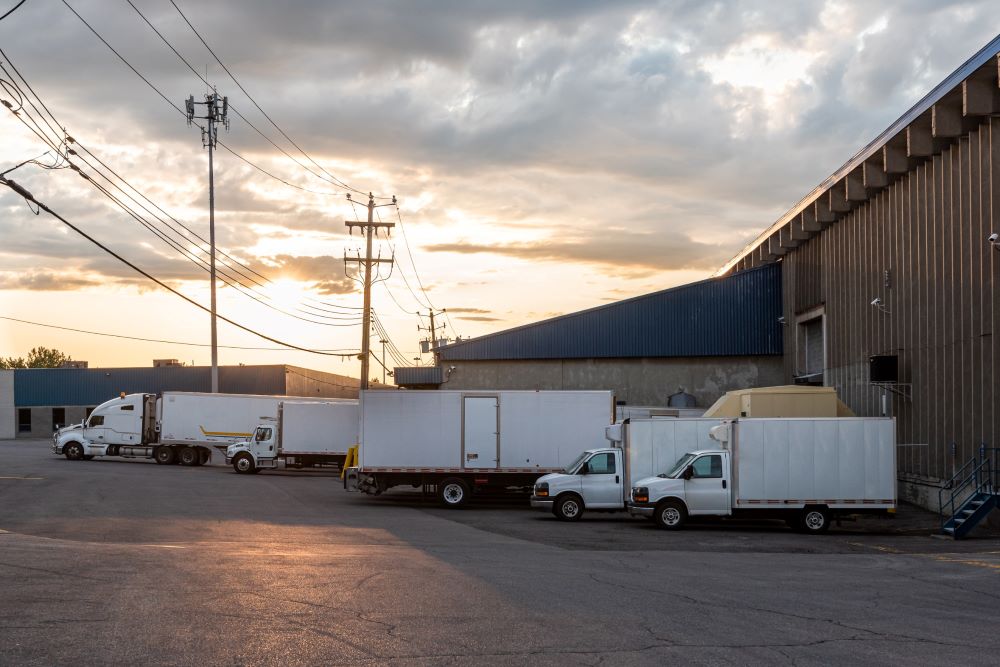
If you’re considering starting a transportation business, then one of the first considerations to make is whether you’ll purchase a box truck or a semi-truck with a semi trailer.
Box trucks and semi-trucks are the two main truck types that are used to haul freight. Although these trucks look similar and do similar things, they’re different vehicles and have many key differences between them.
In this guide, we’ll unpack exactly what each type of truck is, how these trucks differ, and what types of businesses each one is best for.
What is a Box Truck (aka Straight Truck)?
Box trucks, also known as straight trucks, have a cab for the driver and a cargo area with a rectangular or box-shaped design for transporting goods.
Unlike tractor-trailers or semi-trucks, box trucks are single-unit vehicles, meaning the cab and cargo area are combined into a single chassis.
Box trucks are commonly used for local and regional transportation of goods. They’re smaller than semi-trucks and provide a fully enclosed and secure space for transporting cargo.
Box trucks are often used for things like moving, delivery services, and distribution of goods. The cargo area is typically accessible through a large rear door, making it easy to load and unload items.
These trucks come in various sizes, with different payload capacities, and may be classified based on their gross vehicle weight rating (GVWR).

What is a Semi-Truck (aka Tractor-Trailer)?
A semi-truck, also known as a tractor-trailer, big rig, or 18-wheeler, is a type of truck commonly used for long-distance freight transportation.
These trucks consist of two main components: the tractor (also called the cab or truck) and the trailer. The tractor is the front part of the truck that houses the driver’s cabin, engine, and controls, while the trailer is the rear portion designed to carry cargo.
Semi-trucks are a common sight on highways and are a crucial part of the transportation industry for long-distance movement of goods.
They are used in various sectors, including shipping, logistics, and freight transport. The large cargo capacity and fuel efficiency make them well-suited for moving goods over extensive distances.
The Box Truck and Semi-Truck Feature Differences
Considering purchasing a commercial vehicle? Then it’s important to know the key differences between box trucks and semi-trucks.
Gas Consumption
Generally, box trucks have a more fuel-efficient design compared to semi-trucks.
The smaller size and weight of box trucks often result in better gas mileage.
Semi-trucks tend to have higher gas consumption because they’re larger trucks, weigh more, and have higher wind resistance.
Trailer
A box truck is a single-unit vehicle, meaning the cargo area is integrated with the cab.
Semi-trucks consist of a separate tractor and trailer, allowing for the detachment and exchange of trailers. This is more versatile for transporting different types of cargo.
Work Load
Box trucks are suitable for local and regional transportation and are commonly used for smaller loads.
Semi-trucks are designed for heavy and long-distance hauling, making them ideal for large-scale freight transportation.
Versatility
Box trucks are versatile for a variety of delivery and transportation tasks within a local or regional scope.
Semi-trucks are versatile for long-haul transportation and can be used for all kinds of cargo types. The ability to detach and exchange trailers makes semi-trucks more versatile.
Maneuverability
Box trucks are more maneuverable in tight spaces because of their compact size and single-unit design.
Semi-trucks, while less maneuverable than box trucks, are designed for highway travel and long distances. They’re often quite limited in navigating tight urban spaces.
Driving Requirements
Operating a box truck typically requires a standard driver’s license, such as a Class C license in the United States.
Driving a semi-truck often requires a commercial driver’s license (CDL), as these vehicles have a higher weight and complexity.
Driving Skills
Driving a box truck requires standard driving skills, so the learning curve is generally less steep.
Operating a semi-truck requires advanced driving skills, including the ability to handle a larger and more complex vehicle, perform coupling and uncoupling of trailers, and navigate diverse road conditions.
Operational Cost
Box trucks generally have lower operational costs, including fuel, maintenance, and insurance. This makes it easier to start up a box truck business.
Semi-trucks have higher operational costs due to factors like fuel consumption, maintenance for two separate components (tractor and trailer), and higher insurance premiums for larger vehicles.
Box Truck Vs Semi Truck Business: Which is More Profitable?
This is a tricky question to answer, as it really just depends on the nature of the business and what kind of deliveries you’ll be doing.
Box trucks are well-suited for local and regional deliveries with better fuel efficiency, making them cost-effective for frequent stops. On the other hand, semi-trucks excel in long-haul transportation, handling larger volumes of cargo over extensive distances.
The choice between the two depends on factors such as market demand, cargo types, and the operational focus of the business. Each type of truck has its niche, and each can be just as profitable if set up correctly.
However, running a box truck business generally involves lower operational costs. This is because box trucks are typically cheaper, box truck drivers often earn less, and insuring and running a box truck is more affordable.
On the other hand, semi-trucks can carry larger loads, which means semi-truck business owners can charge more for each delivery.

Final Thoughts
When it comes to commercial vehicles, choosing the right truck really just depends on the kind of business you want to start and what kinds of deliveries you plan to do.
Both box trucks and semi-trucks can be extremely profitable, as long as you maximize their unique benefits and use them for the right kinds of operations.
Are you looking to purchase a box or semi-truck? Then get in touch with us at Mission Financial Services to experience just how easy getting financing for your commercial vehicle can be.






